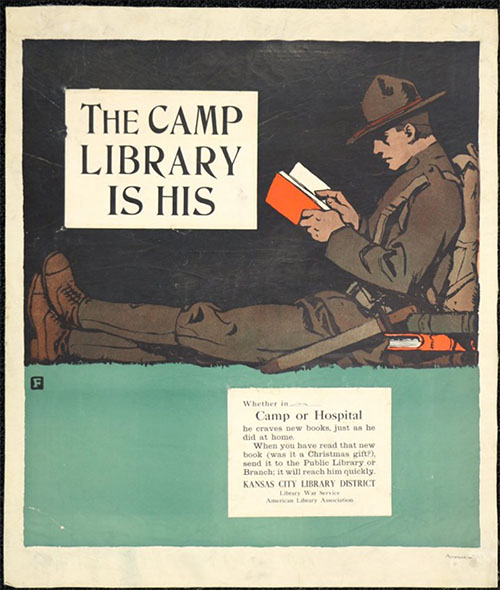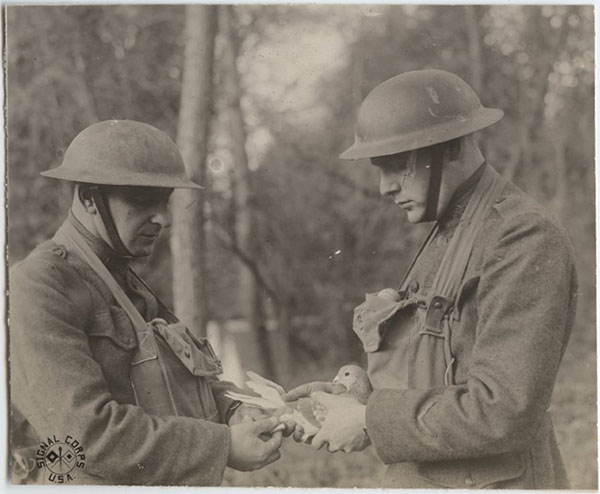- Tammy Proctor's "World War I: A Short History" presents a succinct yet broad examination of the conflict, incorporating diverse viewpoints across various battlefronts and participant groups.
Summer Institute for 4-12 Educators, July 2024
The National WWI Museum and Memorial is excited to offer a Summer 2024 professional learning opportunity to assist teachers in integrating literature that brings to life the multifaceted narratives of the Great War in their classrooms. Spend a week in Kansas City preparing to teach this pivotal historical period by receiving and developing engaging resources that illuminate the era's extraordinary stories.
About the Program
Teaching Literature and WWI is a five-day residential Summer Institute for educators teaching 4th grade through 12th grade. This competitive and rewarding professional development will be held July 14-18, 2024, at the National WWI Museum and Memorial in Kansas City, Missouri.
The Institute is designed to be academic, interactive and practical, covering three major objectives:
- Facilitate participants’ academic growth as they engage in-depth exploration of WWI and fiction created to share stories of the war.
- Bring together 4th through 12th grade educators with their counterparts from across the nation, providing a framework for an exchange of ideas and discussion of their teaching implications.
- Develop curricula and presentations to bring participants’ new knowledge into 4th-12th grade classrooms and to be shared with other educators around the world.

Institute Topics
This program is designed to enhance teaching and understanding of the Great War by using fiction and interactive methods to explore its history and impact, offering educational resources, lectures, and collaborative opportunities for content creation.
- Teaching WWI through fiction
- Using fiction to enhance history learning
- Examining and analyzing fiction versus reality
Core Readings
The Institute's curriculum offers a comprehensive exploration of World War I, intertwining academic scholarship and narrative fiction to enrich lesson development. The program incorporates three cornerstone texts.
Non-Fiction:
Fiction:
Complementing this historical perspective, two pieces of fiction serve as essential readings. These fictional works are intended to provide creative inspiration and deepen understanding of the human experience during the war.
- "The Great War: Stories Inspired by Items from the First World War"
- Erich Maria Remarque's seminal "All Quiet on the Western Front"
Additional readings, such as journal articles and children’s story books, will be assigned to correspond with specific daily topics.

